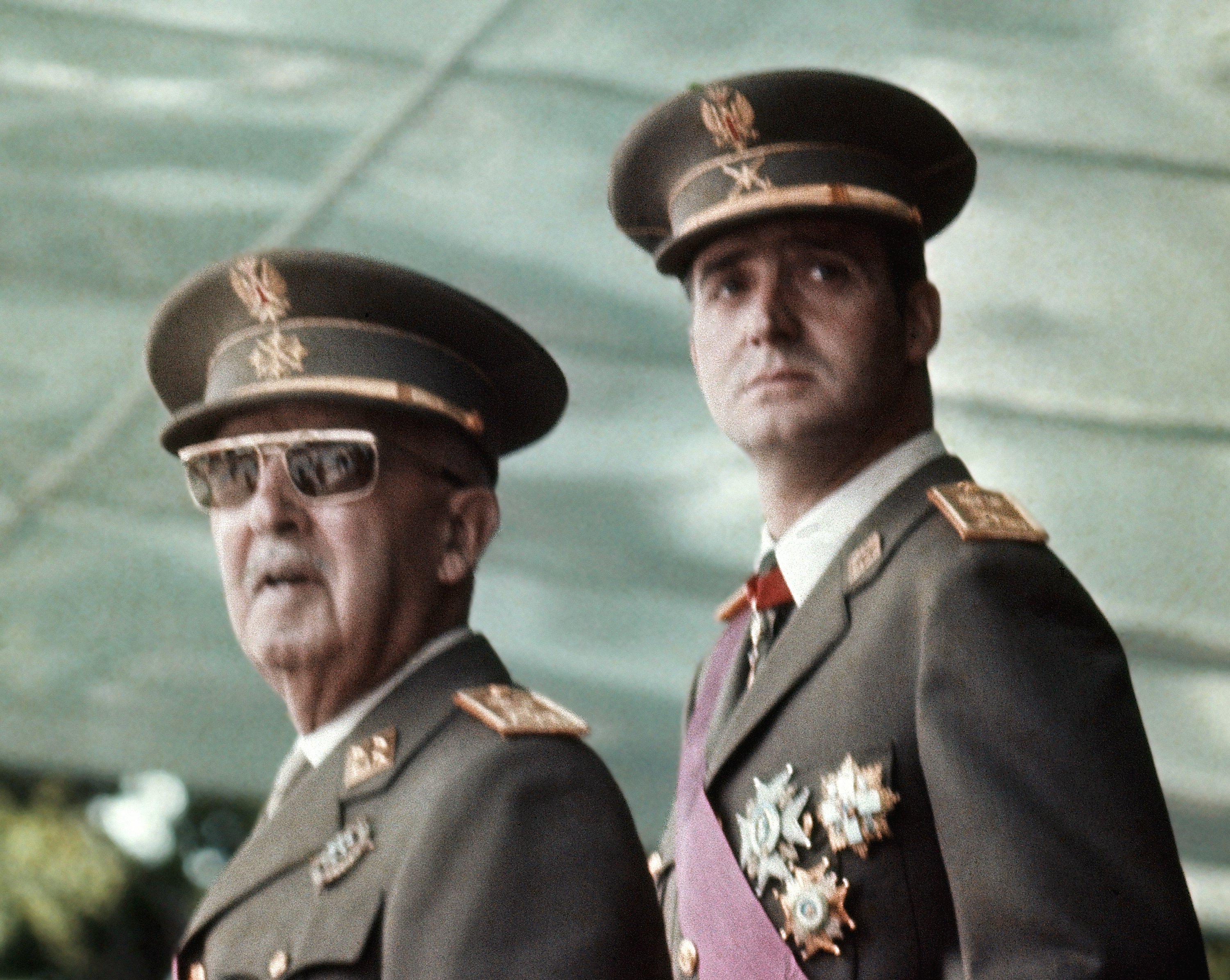The family of Spanish dictator Francisco Franco has 15 days to decide where it wants to rebury his remains. The announcement was made by justice minister Dolores Delgado this Friday. She said that the government has "culminated" the administrative procedure for something which has been "a historic responsibility for this executive".
Moving Franco was one of the first items on prime minister Pedro Sánchez's agenda when he came to office last summer, and it now seems to be finally happening, announced hours after he called a snap election for 28th April. There has been controversy for years over his current resting place in the Valle de los Caídos (Valley of the Fallen).
The Valle de los Caídos was built by Franco near Madrid, reportedly using forced labour, to bury and honour the dead from the Spanish Civil War. Franco himself is buried in the basilica, the only person who didn't die during the war to be buried on the site. The valley and the prominent location of Franco's grave within it remain highly controversial.
In a press conference, Delgado said that "it's a question of democratic memory, of placing Spain in the international space which other countries have already reached". If the family chooses silence, or can't agree, then the cabinet will decide for them.
The minister gave one condition: "it cannot be the Almudena", the cathedral in the heart of Madrid where the Franco family own a burial plot in the crypt. She argued that choice could possibly cause public order problems and violate the law of historic memory in being a public place. She didn't comment on what might happen if the dictator's relatives were to decide to take it to the Supreme Court.
As for the opposition of the monks in the Valle de los Caídos, Delgado said that the government can take the "legally necessary decisions" to enter the space and that they are protected by the law.

